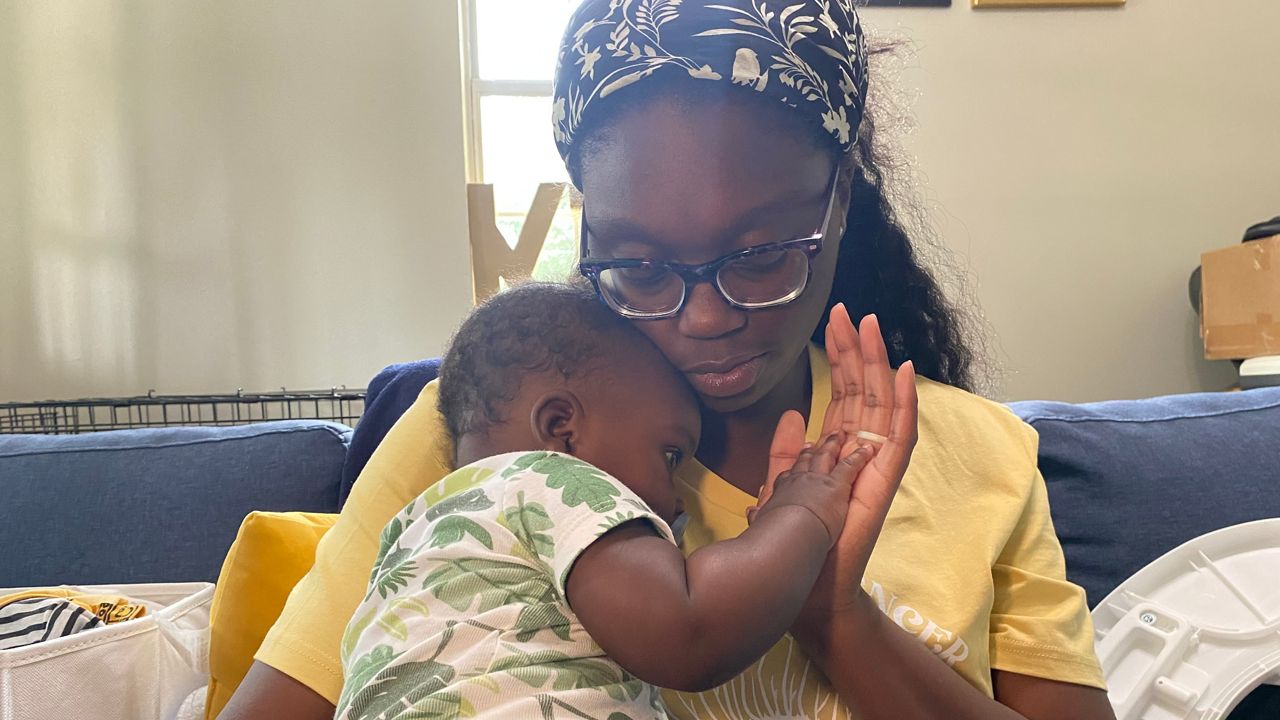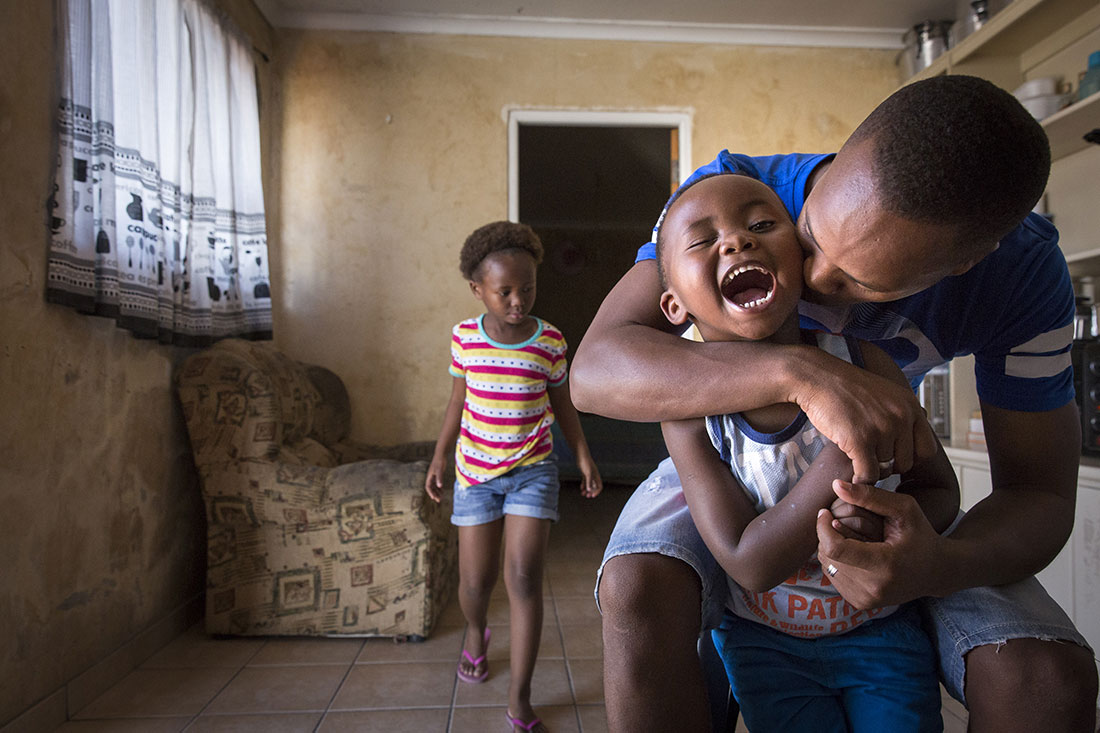Postpartum depression (PPD) is a mood condition that many women experience after giving birth. It is a prevalent disorder that can produce sadness, anxiety, and exhaustion. If you have PPD, it is critical that you obtain assistance and encouragement from health professionals as well as loved ones. Here are some suggestions for dealing with postpartum melancholy.
1 Seek expert assistance.
Seeking professional help is the first move towards recovery from PPD. Speaking with a healthcare professional or a mental health expert may be part of this. They can assist you in determining the severity of the symptoms and provide suitable treatments such as medication, therapy, or a mix of the two. Don't hesitate to seek assistance because prompt treatment may keep your symptoms from worsening.

2 Create an assistance system.
You must surround yourself with caring and understanding individuals while recovering from PPD. This may include family members, acquaintances, and other PPD-affected new mothers. You can discover online communities or join support groups to connect with others who comprehend what you are going through. A community of support can offer emotional assistance and aid in reducing thoughts of alienation and loneliness.
3 Self-care is essential.
Self-care is essential for mental health, particularly in the aftermath of PPD. Receiving enough sleep, living healthy, exercising frequently, and setting aside time for yourself are all examples of self-care. Relaxation methods such as meditation, deep breathing, and yoga are options. Self-care can enhance one's state of mind and overall well-being.
4 Be gentle with yourself.
It takes time to recover from PPD, so be gentle with yourself. It is acceptable to have excellent and bad days. Remember to be gentle with yourself and to rejoice in small triumphs. It's also critical to establish realistic goals for oneself and your recovery. Don't feel obligated to do everything all at once; instead, prioritise self-care and recovery.

5 Communicate with your companion.
Your connection with your partner may suffer as a result of PPD. Communicating openly and honestly with your companion about how you're feeling and what you require from him is critical. This can include requesting assistance with housework, caring for a child, or providing emotional support. Keep in mind that your partner may be feeling their own emotions.












